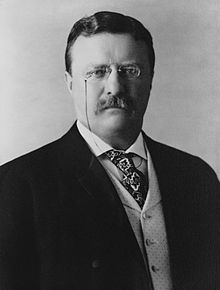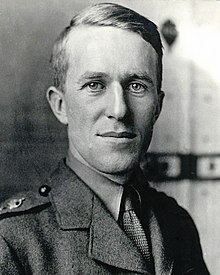1) Your draft of your Reporting for the British Empire will be due to the editor (me) during the next class. Today we will go over the requirements for that draft. The final draft of this paper will be due on the 7th (A) or 8th (B) of May. It will need to be typed and emailed or submitted electronically to me. I have reserved the 7th and 8th of May in the computer lab for this purpose.
2) Current Event maps will be due in the next class. You should have at least 8 current events!
3) On the 9th and 10th of May, we will have a test on the British Empire and all content that we have covered during this term thus far. We will review for this test before taking it.
Current Event >
Colombia tops IDMC internally displaced people list
Draft to Editor Requirements:
1) Headline (Title for your article) - Try to make it catchy! A headline tells what will be contained in the article, but also tries to draw the reader in.
Examples:
Syrian PM survives car bombing
Cycling one of the world's most famous pilgrimages
Richard III's head to go on tour
Defending Shakespeare from doubters
Earth's core far hotter than thought
2) Illustration - Remember we are writing for The Illustrated London News, so you need to provide an illustration with your article. This can be a chart, a map (a really good way to bring one of your 5 themes of geography into the article!), or an image.
Examples:
Chart Example: http://www.bbc.co.uk/news/business-13361934
3) Newspaper style article - A newspaper article starts with a lede (or lead) paragraph, which summarizes the story and hooks the reader, but doesn't provide a ton of detail. The detail comes in the rest of the article, given in short paragraph that keep the article moving.
Example:
George Jones public funeral to be held in Nashville
The funeral of country music legend George Jones will be held at the famous Grand Ole Opry House in Nashville and is open to fans, it has been announced.
"George would have wanted his fans and friends everywhere to be able to come and pay their respects along with his family," publicist Kirt Webster said.
The ceremony will be held on Thursday, a day after a private visitation for family, friends and fellow performers.
Jones' hits included He Stopped Loving Her Today. He died on Friday aged 81. ...
4) Citations in APA style - Check your bibliography cheat sheet for this format. List these at the bottom of your article. There is no need for internal citation (a.k.a. don't list your sources in the middle of the article). Remember that Wikipedia is not an acceptable source for citation!!
Example:
Harlow, H. F. (1983). Fundamentals for preparing psychology journal articles. Journal of Comparative and Physiological Psychology, 55, 893-896.
Other requirements:
- One of the 5 themes of geography - You will need to tie one of the 5 themes of geography into your story about the location or region you are writing about.
- Your assigned cultural trait - Please write your assigned cultural trait at the bottom of the page. Remember that your article must be relevant to this cultural trait.
- Relevance to the British Empire - Remember that your article must be relevant to the British Empire. Try to tie the article back to this theme somehow.
- The correct time period - Remember that we are writing about the British Empire from approximately 1700-1913. Slightly earlier than that time period is fine, but there should not be any reference to any time after 1913!
- The correct heading on your paper!
British Expansion Map (15 minutes)
Apartheid in South Africa
Apartheid - Afrikaans for "the status of being apart"
Roots of Apartheid - Discovery of Gold (1886)
Most Africans in South Africa were independent peasant farmers. They made enough to live on doing this, but as a need for gold miners increased, the government helped the gold mine owners to force cheap black labor into the mines.
Why would they do this?
How did they do this?
Taxation of Africans - hut tax, poll tax
1910 - South Africa is united as the Union of South Africa
1913 Land Act - forced Africans to live on reserves, undermining their ability to be independent farmers and making it illegal for them to be sharecroppers (farmers living on land owned by someone else and paying for it by giving half or more of their crops to the landlord). This made it more likely that Africans would seek out work in the mines, where conditions were bad, in order to pay taxes and support their families.
By 1923 over 126,000 Africans were living in cities, which concerned white citizens. Jan Smuts (Prime Minister of South Africa at the time) supported residential segregation and passed the Native (Urban Areas) Act. This act called for the clearing of slums in the city and the relocation of native Africans to areas outside or on the edges of the cities.
"Natives - men, women and children - should only be allowed in urban areas when their presence is demanded by the wants of the white population."
- The Stallard Commission, 1922 (investigated the presence of Africans in cities)
Influx Control - Every African allowed in the cities was required to carry a pass identifying him or her. The only people allowed to have passes were people that were employed in the cities, so people took jobs for lower wages in order to get passes into the cities.
Pass raids - Police would conduct pass raids, during which natives would be searched for their passes and kicked out or arrested if they did not have them. This happened so often that most Africans had been arrested at some point, making the majority of the population criminals in the eyes of the government.
What are some similarities between this situation and the situation we saw Gandhi deal with in South Africa?











